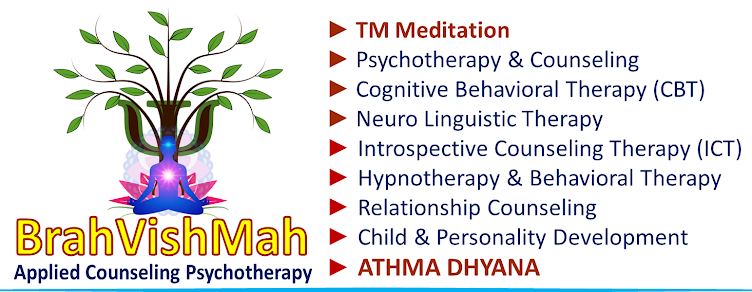Narcissistic personality disorder is a personality disorder characterized by a long-term pattern of exaggerated feelings of self-importance, an excessive craving for admiration, and struggles with empathy. People with NPD often spend much time daydreaming about achieving power and success, and the perceived injustice of failing to do so. This is a pattern of obsessive thoughts and unstable sense of identity, often to cope with a sub-par real life.
The hallmark signs of NPD read like laundry list of what NOT to look for in a significant other: An inflated sense of self-importance, a lack of empathy for others, and a deep need for constant attention or admiration. While a narcissist’s self-esteem can be off the charts, ironically, it can also be super fragile, dependent on external validation, or self-deception. They’ll believe grandiose fantasies about themselves (they are smarter, more attractive, and successful than everyone they know), easily put other people down, and generally hijack any conversation or situation to make themselves feel better or superior.
People with narcissistic personality disorder are typically described as arrogant, conceited, self-centered, and haughty. Because they imagine themselves as superior to others, they often insist on possessing items that reflect a successful lifestyle.
Symptoms
1. Belief that one is unique or special and should only associate with other people of the same status
2. Constant need for attention, affirmation, and praise
3. Exaggerated sense of one's own abilities and achievements
4. Exploiting other people for personal gain
5. Feeling envious of others, or believing that others are envious of them
6. Lack of empathy for others
7. Persistent fantasies about attaining success and power
8. Preoccupation with power or success
9. Sense of entitlement and expectation of special treatment
Causes
1. Some early life experiences are thought to contribute to narcissistic personality disorder, including:
2. Abuse or trauma
3. Excessive praise
4. Lack of an authentically validating environment
5. Parental overindulgence
6. Unreliable parenting
Treatment
Therapy can be especially challenging for people with NPD, because they are often unwilling to acknowledge the disorder. This difficulty in treatment is often compounded by the fact that insurance companies tend to pay for short-term treatments that focus only on symptom reduction, not on underlying personality problems.
1) Cognitive behavioral therapy (CBT) is often effective to help individuals change destructive thought and behavior patterns. The goal of treatment is to alter distorted thoughts and create a more realistic self-image.
2) Psychotropic medications are generally ineffective for long-term change but are sometimes used to treat symptoms of anxiety or depression
3) Individual psychodynamic psychotherapy can
be effectively used to treat narcissistic personality disorder, although the
process can be potentially difficult and lengthy




No comments:
Post a Comment